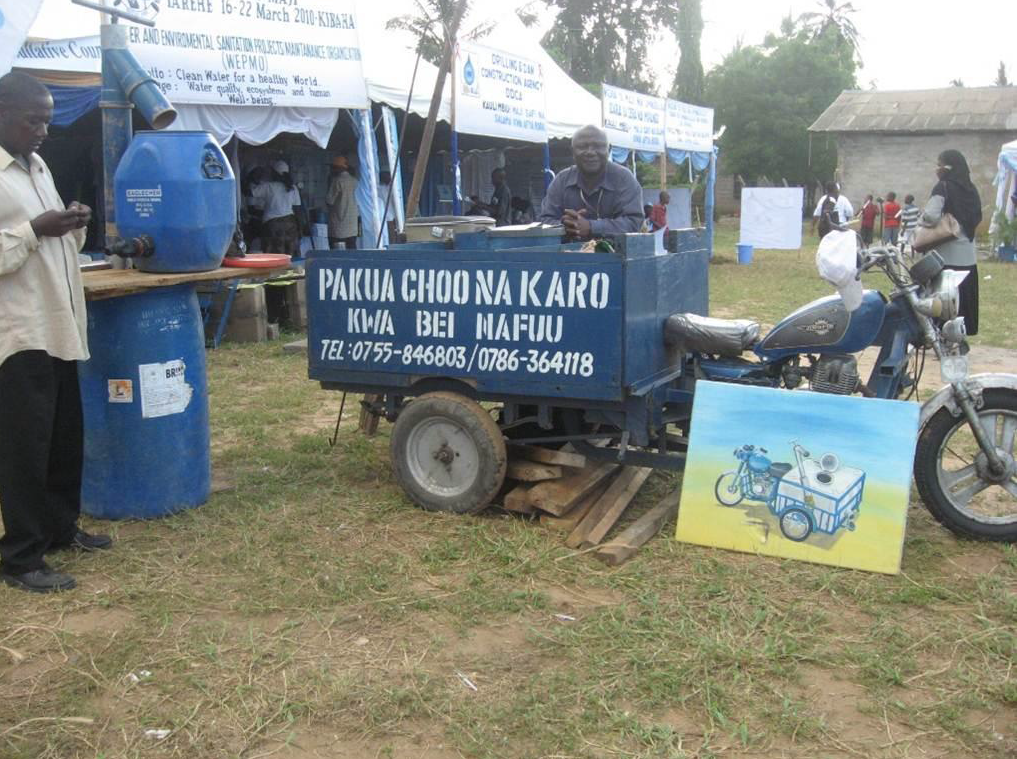Microfinance for Sanitation

About
In 2010, SHARE initiated a package of work on sanitation microfinance. The research, led by Tremolet Consulting, was launched to explore whether microfinance can play a role to support access to improved sanitation. This 4-year research programme consisted of three distinct phases.
The first phase, carried out in 2010, was a desk-based review that mapped out global experiences with sanitation microfinance. It identified that the most significant experiences were taking place in India.
During the second phase, field visits were carried out in Tamil Nadu in southern India to extract lessons from existing experience and in Tanzania, to explore whether there was a potential to develop sanitation microfinance in such a market. India and Tanzania, both focus countries for SHARE, had very different levels of experience with respect to sanitation microfinance. Lessons were extracted from the India experience and their applicability to the Tanzanian context was evaluated.
A third phase was designed as an action-research project, to identify how financial institutions could be fostered so that they would provide financial services for sanitation. This action-research was conducted in Tanzania from December 2013 to January 2015 by Tremolet Consulting in partnership with MicroSave Consulting Ltd, a microfinance and financial inclusion specialist based in Kenya and WaterAid. Key questions the action-research sought to address through ‘learning by doing’ included:
- Are financial institutions (FIs) interested in sanitation?
- What type of assistance do they need in order to make the jump?
- Where FIs are providing loans, how is that helping to increase access to improved sanitation?
The action-research involved the provision of smart subsidies to selected local research partners. These included microfinance institutions with no previous involvement in sanitation and NGOs that had been offering financing for sanitation, housing, or water investments. Organisations received training on market research and financial product development with a particular focus on understanding sanitation markets. As a result of these activities, all three partners initiated or significantly improved their activities in the area of sanitation microfinance.
Research was also carried out on issues related to financing water and sanitation small and medium enterprises. The extent to which micro and mesofinance is currently used in the sector was investigated, as well as the benefits their use and how the role of these financing tools could be developed with (or without) external support.
